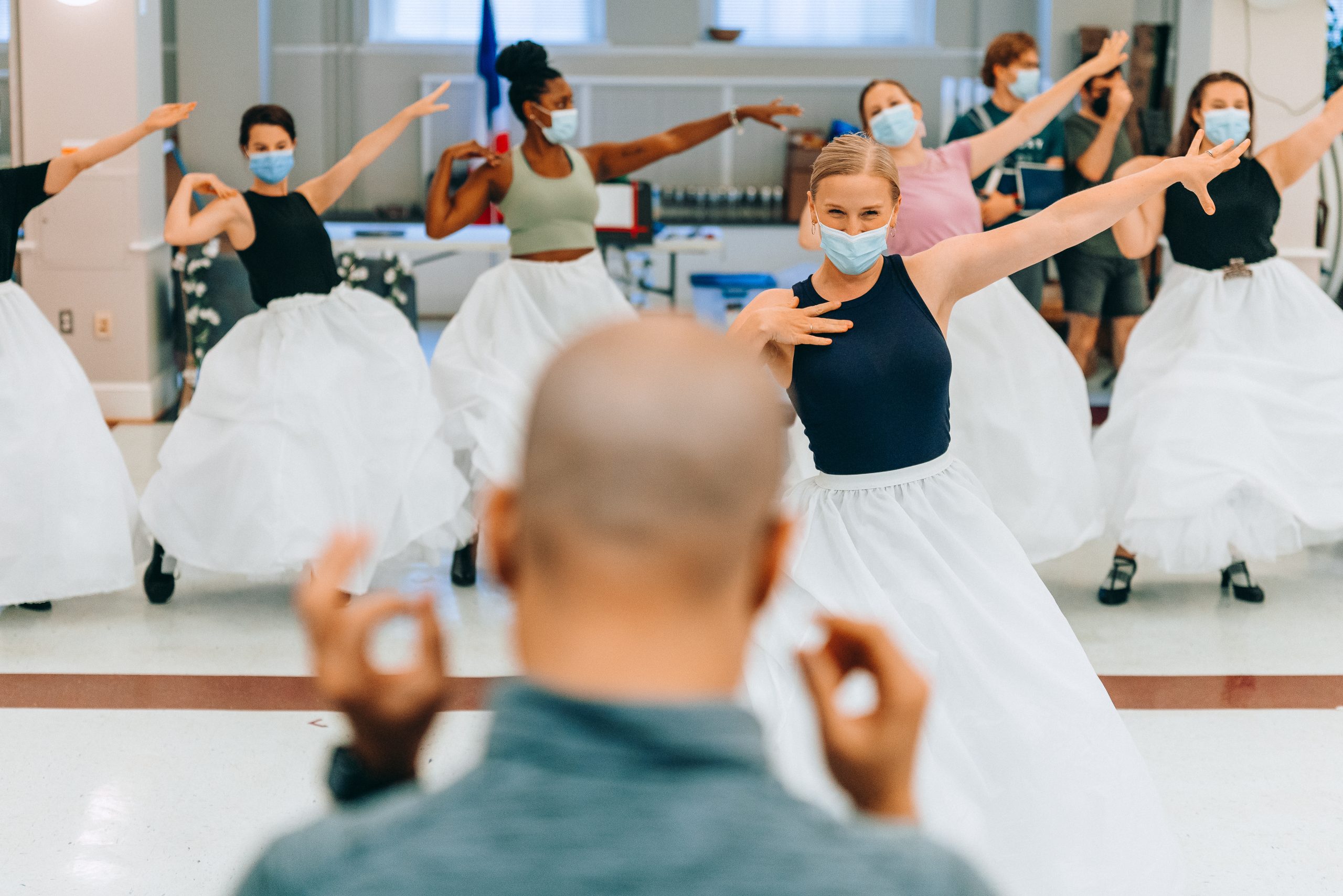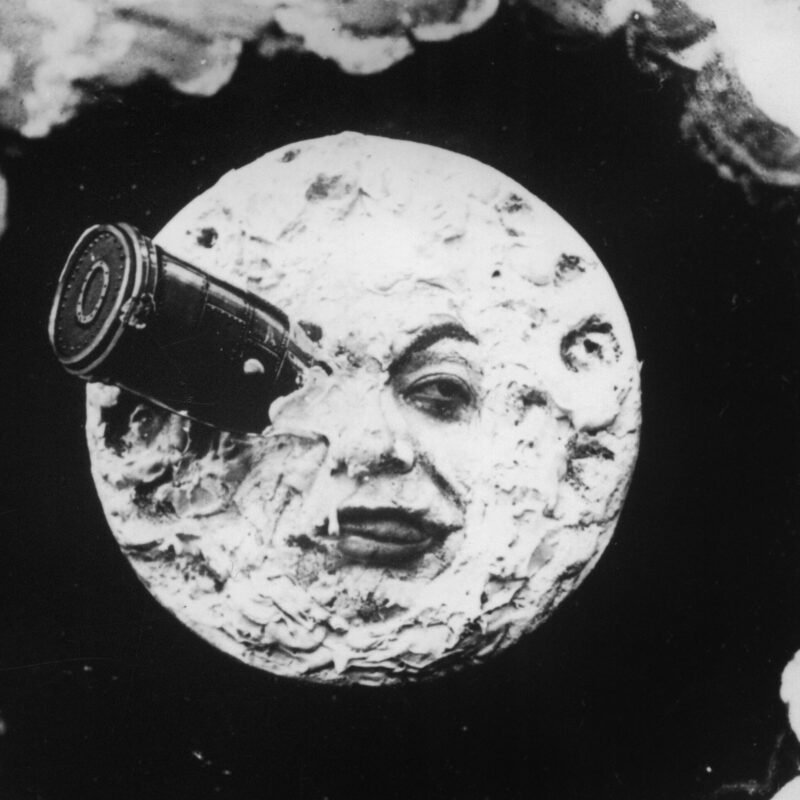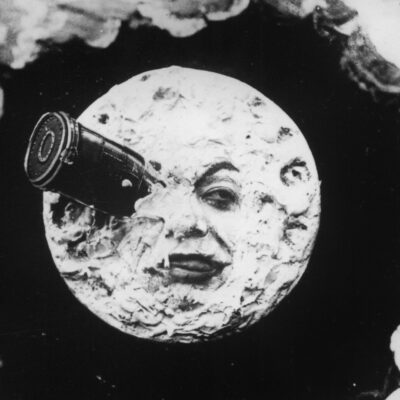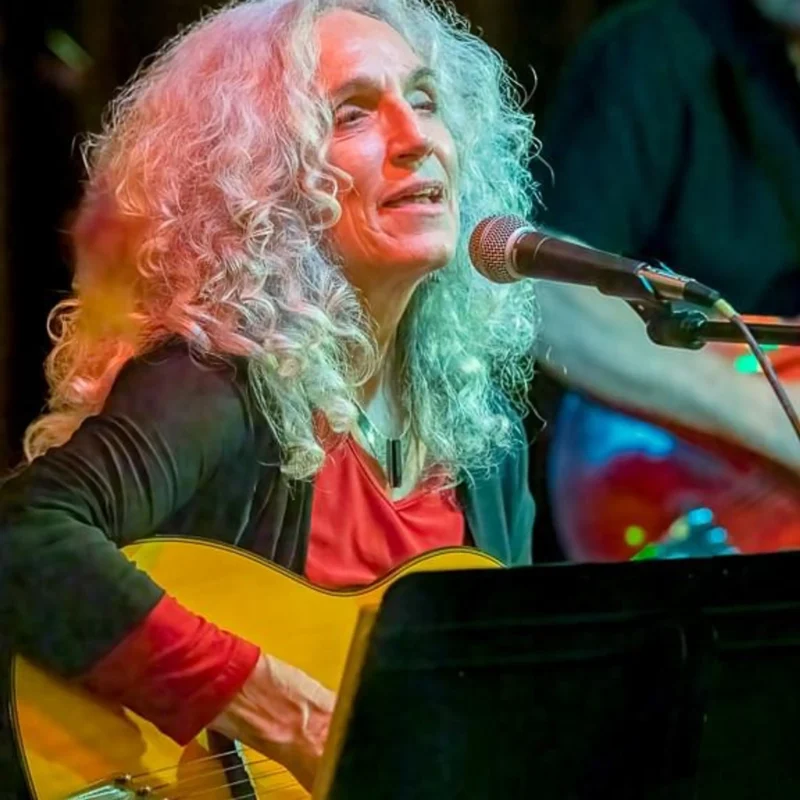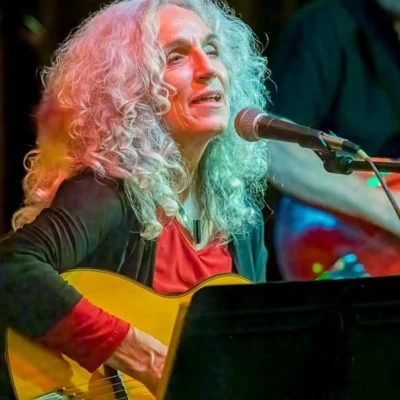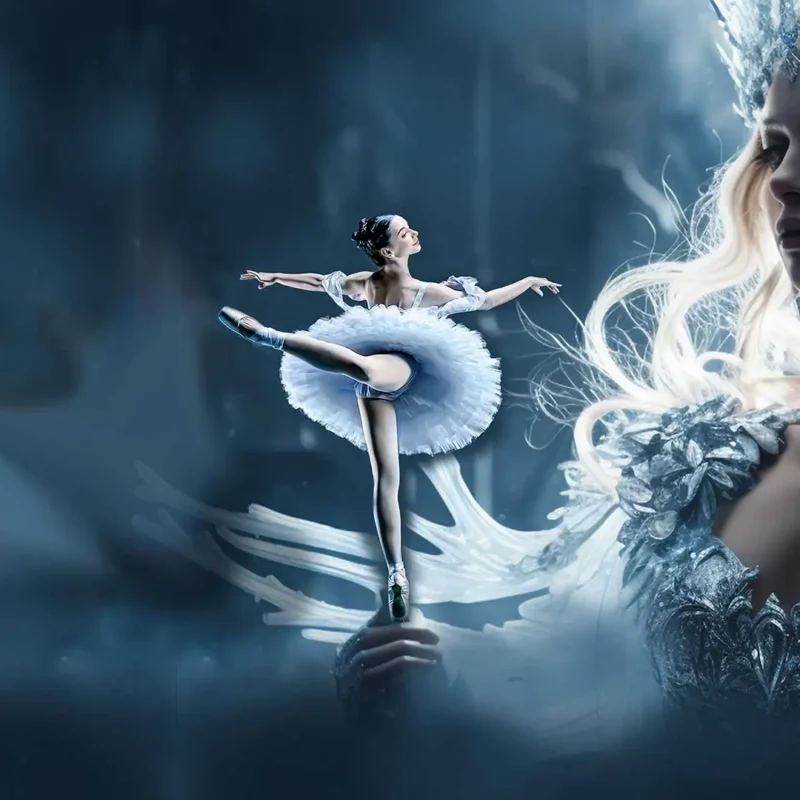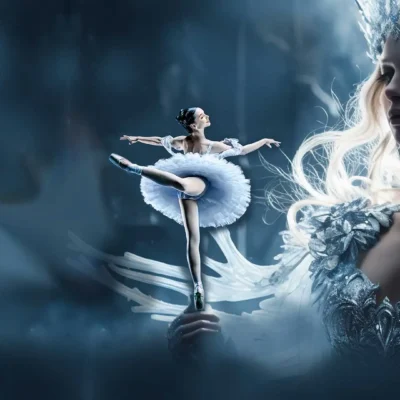In the winter of 2019, Dr. Caroline Worra was in Hong Kong playing the role of wealthy widow Hanna Glawari, opposite Richard Troxell as her ex-lover Count Danilo, in a performance of Franz Lehár’s 1905 operetta The Merry Widow.
Three years and 8,000 miles later, Worra and Troxell are preparing to reprise their roles with the Charlottesville Opera. Accompanied by a cast of 127 people who have traveled from all corners of the United States, the group will perform two shows in Charlottesville, a city Troxell says talks opera “like New Yorkers talk baseball.”
“A lot of times when you’re in New York, at The Met, a lot of people who are going to see that opera are going to impress everybody else,” says Troxell. “In smaller towns, especially, I’ve noticed, in the South, people go because they love the opera.”
The Merry Widow is the story of Hanna, who has suitors vying for her fortune, and Count Danilo, her true love who is too proud to marry her for money. Drama, intrigue, and comical misunderstandings ensue.
“I think on the surface, the operetta can be ridiculous, as if it doesn’t fit in this time period,” says Troxell. “But if you go to the ‘true love’ part of it, we all do really ridiculous and stupid things for true love.”
A few aspects of The Merry Widow make it what director Stephanie Havey describes as “a great first opera.” It is an operetta, which moves along at a pace similar to a modern musical and relies heavily on spoken dialogue. It also features plenty of toe-tapping music, including a catchy crowd-pleaser in “The Merry Widow Waltz.”
The production’s original German lyrics have been translated to English. Combined with English supertitles above the stage, newbies can laugh along with the slapstick humor as bumbling side characters attempt to figure out who will win Hanna’s money.
“Especially for comedy, it’s nice to be in English, because then the audience is hearing the funny things right away instead of reading ahead,” Worra says. “It’s always a little strange when you haven’t said the punchline yet, and they’ve already started laughing.”
Like most things written by men over a century ago, The Merry Widow does not always lift its female characters. At one point, a number about how difficult it is to understand women escalates into a celebratory kickline. But these over-the-top moments fade into silliness behind the heartfelt love story, Havey says, allowing the operetta to resonate with a 21st-century audience.
“It’s pointing out the misogyny that would have existed in that time, and it’s making fun of it,” Havey explains. “In the end, Hanna really is the smartest character on stage, and she has complete autonomy. She chooses her future. She chooses the man that she wants to marry for love.”
In order to connect the audience with the operetta’s tongue-in-cheek humor, Havey works with the merry widow herself. Worra serves as both the show’s lead and the artistic director of the opera company, overlapping roles at times distinguished only by whether or not she’s wearing her artistic director name tag.
These intersecting roles offer Havey the rare opportunity to work alongside an artistic director with an insider’s perspective.
“Being a singer, performer, and artistic director, you’re able to see all of it,” Troxell says. “She’s been doing this for a long time, and she knows how it all could work, and should work, and does a better job of it than some people who have only worn one hat the whole time.”
In 2021, Charlottesville Opera broke from operatic tradition when it performed the first-ever theatrical production at the Ting Pavilion. Because of the space their voices needed to fill, the singers were fitted with microphones, an audio aid almost never used in opera.
The boom of La Bohème from enormous speakers on the Downtown Mall gave the most visibility to opera Charlottesville had ever seen.
“We had a lot of first-time operagoers come to the Ting Pavilion, because you could just be walking around right in town and hear it,” Havey says. “We had 100 people standing at the back wall, which was great, we love that.”
The opera capitalized on this visibility, and its return to The Paramount Theater, by beginning its 2022 season with The Sound of Music. The program drew in Charlottesville families and children, many of whom had never experienced opera before. Worra hopes they join Downtown Mall passersby in returning for The Merry Widow.
“To actually see an opera live, there’s something that’s just so special about that,” Worra says. “To hear the powerful voices that are not amplified, carrying over and touching these people in the audience. It touches them right in the heart.”
